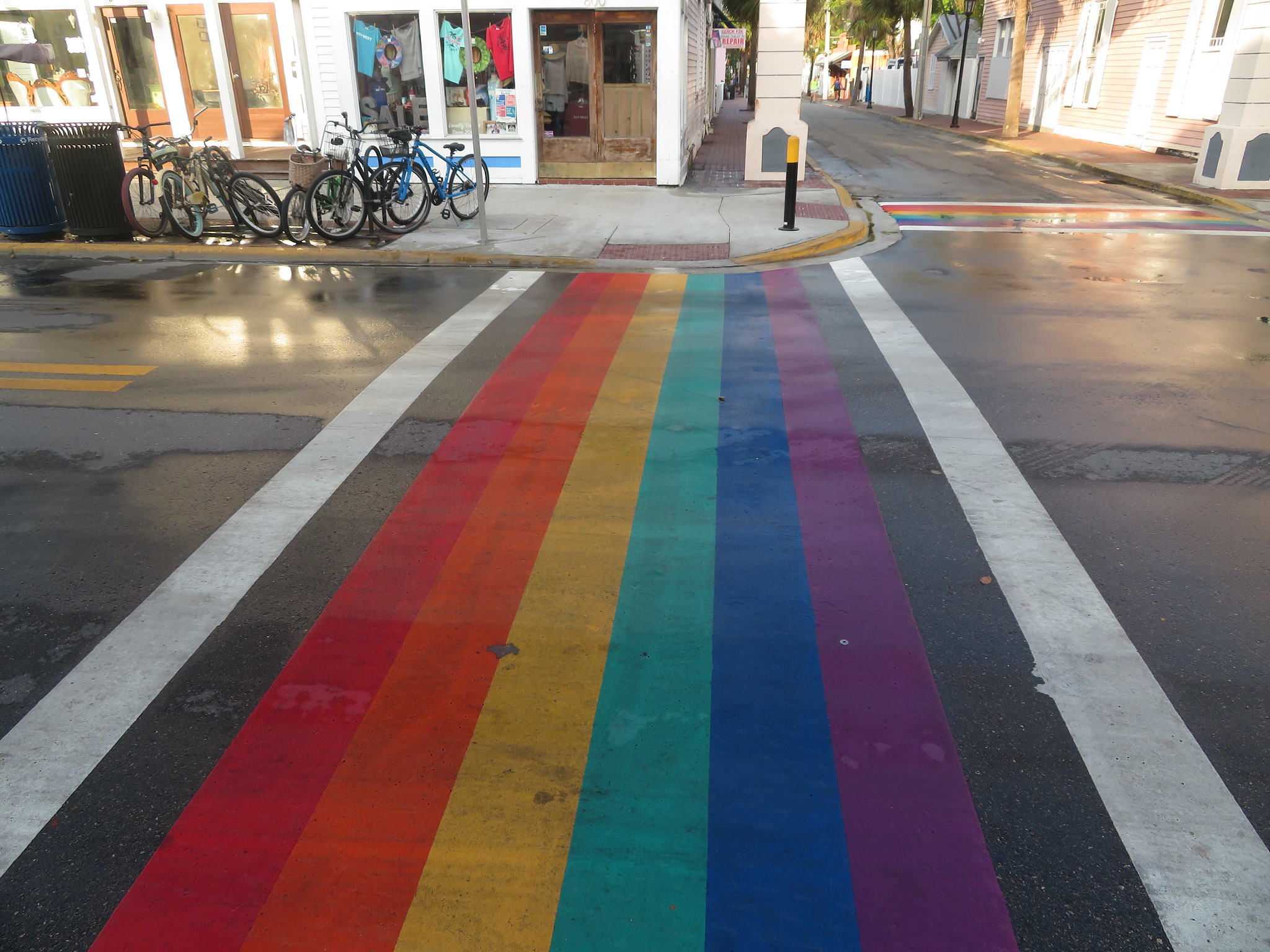Portland's rejection of highways in the 1970s and subsequent embrace of transit and bicycling seems like a given today. But not that long ago, that trajectory was just an idea, first expressed in an internal memo at City Hall in 1971.
The author of "Disincentives to the Automobile" was a City Hall aide named Alan Webber, writes Michael Andersen at Network blog Bike Portland. Webber's memo outlined a number of strategies to make the city healthier and more livable, including "anti-congestion pricing," car-free streets, a citywide bicycle network and even shared, public bikes docked at stations.
Webber went on to found the magazine Fast Company and become something of an expert on innovation and change, and he recently returned to Portland for a tech event. Here's what Portland's early visionary had to say about the importance of a coherent urban strategy, Andersen reports:
If you go to war, and you don't have a clear definition of victory, how do you know how many resources to commit, how to make the case for the conflict with your own people, how long to stay, or when to leave -- or even whether you're winning or losing? The same is true for a business -- or, for that matter for a city seeking a strategy. You need to be able to answer the question, "What's your definition of victory?" "What's the point of the exercise?" so you can begin to know why you are doing what you are doing, and how well you are doing it.
Which is why having a definition of victory -- why asking the last question first -- is fundamental to any military engagement, any business strategy or entrepreneurial startup, or any urban disruption... Here’s the deal -- for business entrepreneurs or urban strategists: Once you know your definition of victory, then you can begin to connect the elements of your strategy into a coherent, internally consistent whole.
But until you have answered that fundamental question, until you know the definition of victory, you really have no strategy. You have an assortment of programs, a loose collection of policy initiatives -- but no clear strategy.
Webber says Portland needs another carefully articulated vision of its ambitions moving forward, now that so many of its earlier aims have become a reality.
Elsewhere on the Network today: The Green Lane Project says places where on-street car parking is in the highest demand are the best places to remove on-street car parking. Systemic Failure wonders why the National Highway Traffic Safety Administration doesn't insist on a piece of safety equipment for trucks that could save cyclists' lives. And Strong Towns explores what's behind the tendency to build new infrastructure rather than fix things we already have.






